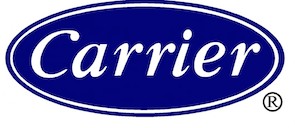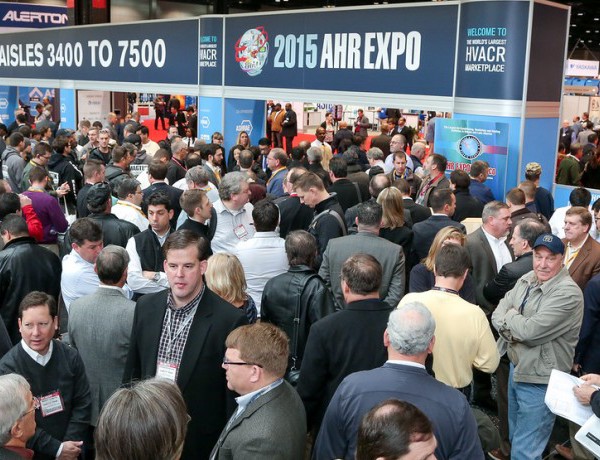EPEE sponsor energy debate
The European Partnership for Energy and the Environment (EPEE) were the proud sponsors of a lively debate evening held on the 30th of June, organised by PubAffairs, and entitled “Heating and cooling in the Energy Union project: the challenges ahead for implementing an efficiency-based energy approach.”
The event drew speakers from the European Commission, the Member State governments, industry, and academics to discuss the challenges that the EU must face to increase energy efficiency, particularly in the heating and cooling sector.
Over 200 people attended the event, proof of the broad appeal of heating and cooling to a large swathe of EU policy-makers, industry stakeholders, NGOs, and academics.
The Director-General of EPEE, Andrea Voigt, was the first person to address the gathering, stating “EPEE has always strongly supported the principle of energy efficiency as a “first fuel”, and our industry is committed to developing energy efficient technologies and help reduce energy demand as per the objective in the EU Energy Union.”
“On such a warm evening it seems appropriate to recall the importance of cooling, which is often forced to play second fiddle to heating. Both aspects need to be included equally in future policies.”
Voigt continued by listing the factors which EPEE believes are key to delivering a sustainable and secure energy system in Europe. The four key success factors in the eyes of the EPEE are a holistic approach designed to ensure the effective use of energy, the implementation and enforcement of current legislation, a technology neutral approach with an equal focus on both heating and cooling and, finally, greater consumer awareness in order to trigger investments in energy efficient solutions.
Other issues addressed during the event included public acceptance, consumer behaviour, different national cultures and problems related to a “one size fits all approach”, the role of producers and installers, oversizing of equipment, and the role of the EU. An interactive Q&A with the participants in the debate concluded the evening.
“During the debate, it became clear that there is tremendous potential to greatly increase energy savings within the heating & cooling sector,” added Ms Voigt. “The heating, cooling and refrigeration industry in Europe is ideally placed to make these savings a reality, but this requires the right regulatory conditions and the creation of suitable consumer incentives.”















